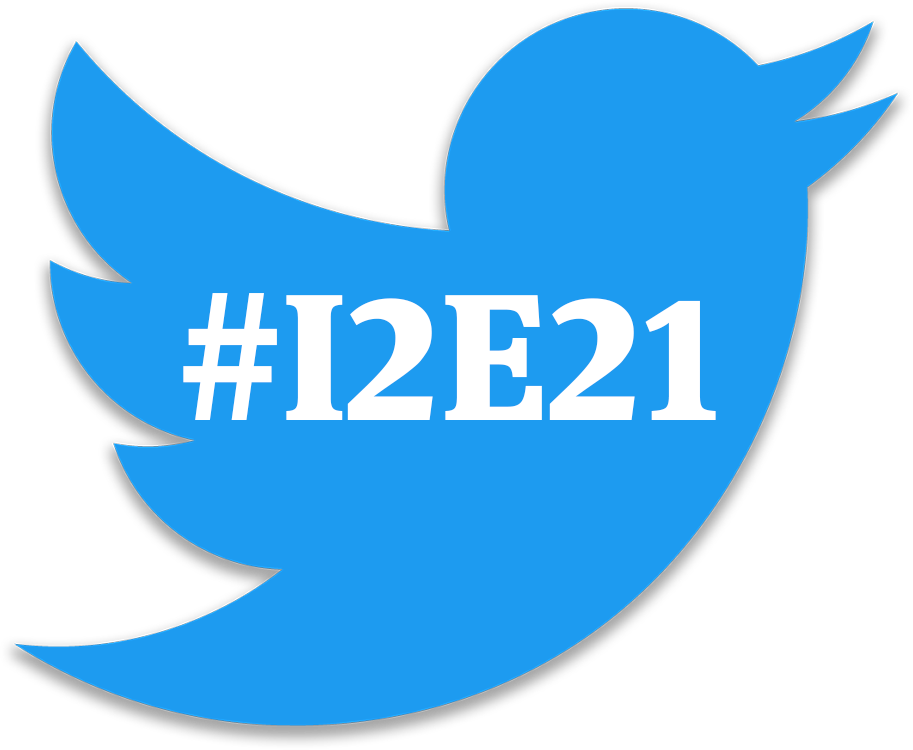Unit 4: Utilitarianism & Its Limits

Photo: Ron Batzdorff / NBC.
While the theories of Jeremy Bentham and John Stuart Mill may have their differences, both philosophers remain committed Utilitarians. In particular, Bentham and Mill agree that the greater good for society is properly understood as the aggregate sum total of good for each of society’s members. However, adopting such a mathematical approach creates some serious, and perhaps even disconcerting, challenges.
For our exploration of these challenges, there are three learning outcomes. When you complete this module, you will be able to…
- Assess whether promoting the greater good must come at the expense of respecting individual persons,
- Reflect on how (if at all) your own happiness rests upon the unseen suffering of others, and
- Judge whether Utilitarianism would have you sacrifice your integrity in the name of the greater good.
Read This:
|
The Debate Over Utilitarianism 
|
The Ones Who Walk Away From Omelas 
|
A Critique of Utilitarianism 
|
Context
James Rachels and Stuart Rachels start out by presenting a whole slew of problems and challenges for Utilitarianism, especially for its acceptance of Consequentialism and Sum Ranking (including Vector Sum Ranking).
After that, I hope you enjoy the short, though profound, story from Ursula K. Le Guin (1929–2018). Le Guin raises some deep concerns for any system of morality predicated on the need to promote the greater good—including the more sophisticated version defended by John Stuart Mill.
Finally, the British philosopher Bernard Williams (1929–2003) was also a major critic of Utilitarianism. In this reading, he considers two examples that present some difficulties for the theory.
Reading Questions
As you read, keep these questions in mind:
- What arguments do James Rachels and Stuart Rachels present to challenge the Utilitarian claims that consequences are all that matter and that we should be equally concerned about everyone?
- Ursula K. Le Guin’s story presents a fictional society wherein its overall happiness and flourishing comes at great cost. What is the cost paid by the citizens of Omelas for their great happiness and prosperity? What problems with Utilitarianism does this suggest? In contemporary America, do many of us also live in Omelas?
- What are the examples of George and Jim given by Bernard Williams? What sort of problems do they create for Utilitarianism?
- Put together, how do these examples relate to Williams’ claim that “utilitarianism… makes integrity as a value more or less unintelligible” (1973, p. 99)? How does Williams justify this claim with his discussion of the “psychological effect on the agent” (1973, p. 101) in cases like George and Jim?
Although I strongly suggest that you write out brief answers to these questions, you do not have to turn in written responses. You do, however, need to be prepared to answer questions like these on module quizzes and the unit exams.
References
Rachels, J., & Rachels, S. (2018). The debate over utilitarianism. In The elements of moral philosophy (9th ed., pp. 118–132). McGraw-Hill.
Le Guin, U. K. (1973, October). The ones who walk away from Omelas. In R. Silverberg (Ed.), New dimensions 3 (pp. 1–8). Nelson Doubleday.
Williams, B. (1973). A critique of utilitarianism. In J. J. C. Smart and B. Williams, Utilitarianism: For and against (pp. 77–150). Cambridge University Press.
Watch This:
|
Video 1 
|
Video 2 
|
|
Video 3 
|
Video 4 
|
|
Video 5 
|
Do This:
|
Module 19 Quiz 
Due: October 30 |
|
|
5 Tweets this Week 
Due: October 30 |


